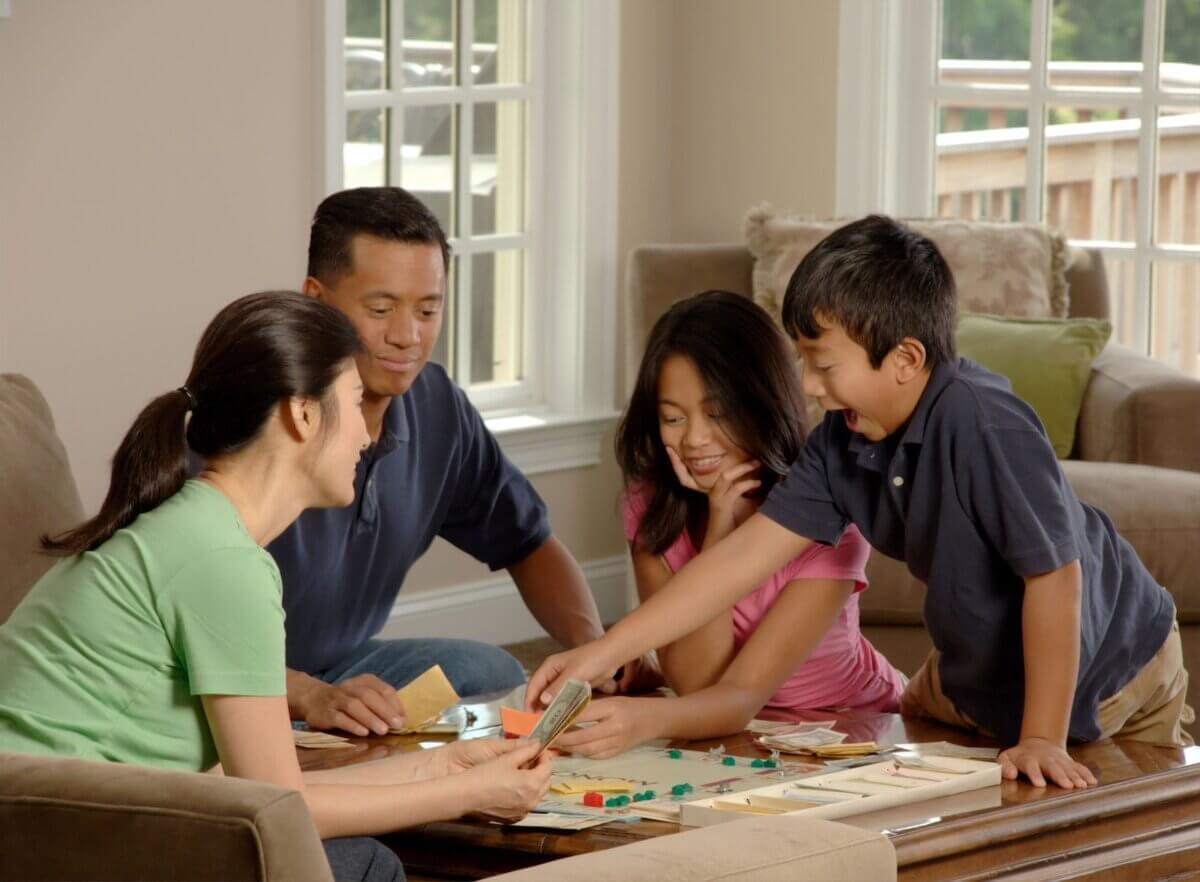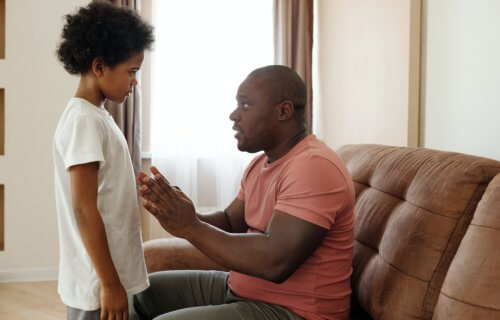MADISON, Wis. — What makes a good parent? Researchers from the University of Wisconsin-Madison suggest that simply being there for one’s children is enough to help them grow and learn. Study authors report that children who feel they don’t have “predictable support” from their parents are less likely to try new things and take risks. These activities are key to overall childhood development, growth, and learning about the world.
While risks can be dangerous at times, study authors explain that such childhood activities can also pay off in rewards or knowledge. So, what exactly does predictable support mean? Simply being there for them; the child knows they have a safe home environment waiting for them.
“If you’re in a resource-rich environment — meaning for a child that you’re safe, your meals are coming, someone is at home for you, you’re surrounded by adults that are protecting you — you’ll try new things,” says Seth Pollak, a University of Wisconsin–Madison professor of psychology who studies childhood adversity, in a media release. “And that’s how you discover and learn about the world.”
This latest report concludes kids who don’t believe they have the support of reliable parents are less willing to risk venturing into the unknown.
“What’s unseen around that corner could be golden, but you could also end up in some bad situations,” Prof. Pollak adds. “You could end up ordering a bad meal or touching something that hurts you. You could end up in a bad relationship or with an empty wallet. And so, we thought, in order to have the confidence to try something new, you have to feel like you’re supported and relatively safe — like you can afford to make a bad call.”

The study authors assessed decisions made by more than 150 children between the ages of 10 and 13. The kids made these decisions while playing a series of games designed by C. Shawn Green, a UW–Madison psychology professor. The games gave participants chances to risk a little and explore the potential gains.
One game, for example, was similar to a pair of casino slot machines, giving players a history of payouts on just one of the machines — information that helped them understand their expected winnings if they kept pulling that machine’s handle. The other machine’s history, however, was a total mystery. Thus, investing in a pull there was more of a risk, but also could potentially yield a bigger return.
The other game, meanwhile, asked children to collect apples in virtual orchards, but featured diminishing returns as players continued to pick from an individual tree. With a time limit in place, would players move to new trees with unknown bounties? Or would they simply plug away at the tree they already knew?
Both children and parents took part in a series of additional surveys and assessments, gauging the stress the children experience and the predictability of their lives. This was based on numerous factors, including parental job loss, divorce, death or illness in the family, and changing schools and homes. Additionally, researchers collected info on the children’s own views about whether or not their parents were reliable and predictable.
Yuyan Xu, a UW–Madison graduate student and first author of the study, asked kids to respond to questions regarding how they’ve experienced their relationships, such as:
- When my parents say they’re going to pick me up, can I count on them to be there?
- When my parent makes a promise, do they follow through on it?
- Do I typically know how my parents are going to react to different kinds of situations?
The less reliable and predictable the children felt their parents were, the less likely they were to take exploratory risks in the games. They were also less likely to try the mysterious slot machine or move to a different apple tree.
“The children from more stable backgrounds, they play around and experiment in our games. They use that to get a sense of how things work, maybe earning them more money or more points,” Prof. Pollak notes. “Kids from unstable backgrounds just don’t play that way. They stay within a narrower range of possibilities. They prefer to stick with what they already know, even if it’s limited, rather than taking a chance at a higher possible reward.”

Researchers say the observed self-imposed limits on risk were not related to more objective measures of stress and unpredictability seen regarding the children’s lives or even on parental reports that didn’t necessarily agree with their child’s perceptions of their relationships. Study authors noted no correlation between lack of risk-taking and levels of anxiety or neuroses, nor was there a connection to the kids’ feelings about the rest of the world outside their family. If they felt their parents were unreliable and unpredictable, they were less willing to explore.
“I think it makes sense,” Prof. Pollak continues. “Their brains are doing exactly what we want our brains to do, right? If you really feel things are not predictable and you don’t know how things are going to land, you’d stick to what works and what’s familiar. You wouldn’t waste your resources on something that could all fall apart.”
At first, study authors ran their experiments with a group of close to 80 kids. Then, it was repeated with a second group of just over 80 more to confirm the findings.
“The interesting thing here is that there seems to be a way in which our early childhood experiences are calibrating how we decide to make these decisions years and years down the line and in these really different kinds of situations,” Xu notes.
Openness to exploration likely isn’t the only important aspect of childhood enhanced by stability. Language development, sleep quality, stress regulation, and numerous other areas of childhood development research have been linked to predictability in children’s lives. Prof. Pollak is planning on researching further into the relationship between predictability and exploration to see how rifts could be healed.
“What can we do for kids who view their history of interpersonal relationships as unstable?” the study author concludes. “We might not be able to change the relationships by the time we understand them to be unpredictable. But could we change the way kids think about them, how they act on them? If that is flexible, maybe we can tune those kids into the benefits and rewards of exploration to help foster kids’ learning.”
The study is published in the Proceedings of the National Academy of Sciences.
You might also be interested in:
- Suffering from headaches could be a sign of a traumatic childhood
- Most Americans still rely on parents for financial support well into adulthood
- Best Parenting Books: Top 5 Guides Most Recommended By Experts

